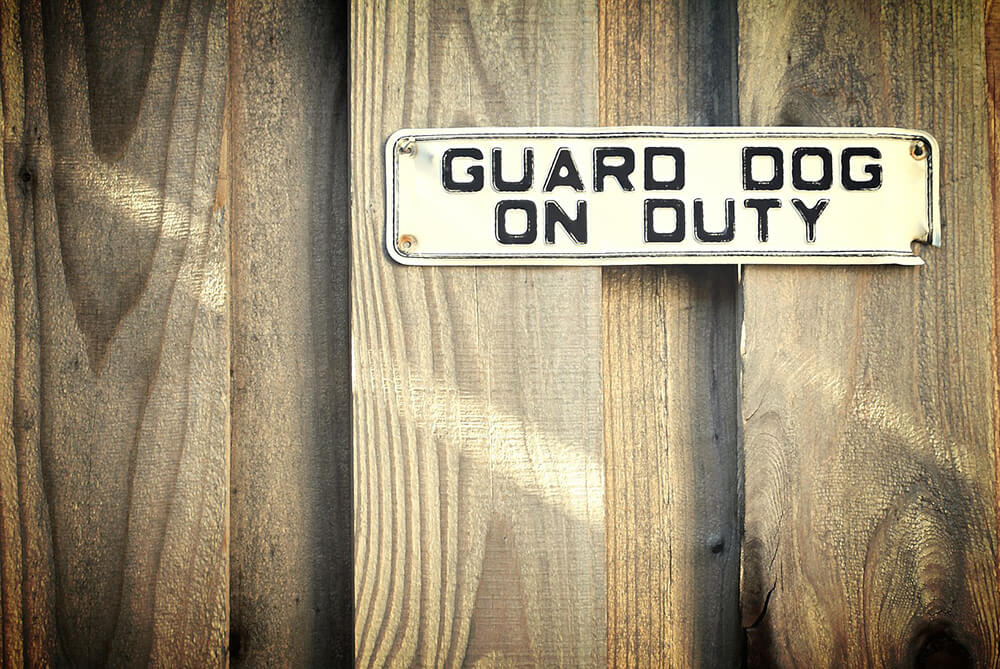What You Need to Know About Maryland’s Animal Attack Laws

According to the Centers for Disease Control and Prevention (CDC), over a third of households in the U.S. own at least one dog. And the American Veterinary Medical Association (AVMA) reports that there are about 78 million dogs in the U.S., and more than 4.5 million people are bitten by dogs each year. With numbers like that, dog owners should know about pet and animal attack laws in their state, so they know to be careful when bringing their pets into public.
In 2014, Maryland changed their animal attack laws to make dog owners strictly liable for injuries caused by their dog. With this law in place, it would be in owners’ best interests to practice responsible ownership and keep their dog on a leash when they’re not on their property. If not, the outcome could be serious.
Maryland’s Dog Bite Law
Generally, if you were injured by a person’s dog off their property, it is the dog owner’s fault. According to Maryland law, the owner was supposed to know that their dog was dangerous or could become dangerous when not on their property. This makes them responsible for any injuries their dog caused while at large, which means anywhere other than their property.
Other states have a “one bite” rule in place for cases of animal attacks, but Maryland does not follow that rule. In our state, a dog can still be considered dangerous even if they have never bitten someone in the past, regardless of breed. According to the AVMA, the breed of a dog does not predict its behavior, as any dog is capable of biting.
For the purpose of a lawsuit, you wouldn’t have to prove negligence or any other kind of fault of the owner. Since the dog attacked you, it’s assumed that the owner knew that their dog was or could become dangerous. The owner could even face criminal charges if the dog seriously injured or killed a person.
How to Collect Damages as a Victim
Even though you don’t need to prove negligence of the owner to file a lawsuit when you’ve been attacked by a dog, you do need to prove negligence in order to recover damages. You would need to show that the owner failed to control their dog’s behavior, which is an expected duty of a dog owner. In most cases, the victim’s injuries showcase this negligence.
It’s also important to understand that Maryland is a strict liability state. This means that if your own negligence contributed to the accident in any way, you can’t recover any damages. You must prove the dog owner was completely negligent in order to get compensation.
When the Owner Isn’t Liable
Since any dog can become dangerous at any time, it’s very hard for the dog owner to prove that they did know their dog was dangerous to avoid liability. But there are scenarios when you could be legally responsible for the dog bite even though you’re the victim, according to that same law from above. Here are some factors that would prove your negligence:
- Trespassing. If you were trespassing or attempting to commit any other criminal offense on the dog owner’s property, then you are liable for your injuries.
- Criminal Activity. The dog owner would not be liable if you were committing a criminal offense against someone.
- Provocation. If you were tormenting, abusing, or provoking the dog before the attack, you could be liable for your own injuries.
An animal attack could cause serious injuries. If you were knocked down or bitten by a dog, you could be facing unexpected medical bills. If you weren’t negligent in any way, you deserve compensation from the dog owner for your injuries. At Belsky, Weinberg, & Horowitz, we can help prove the owner’s negligence so that you can collect damages and start getting back to your normal life. Contact us today and we can review your case.






